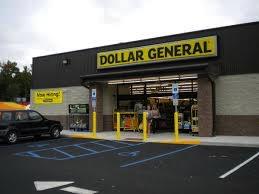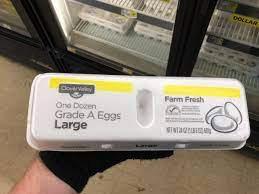 During the period 2016 through 2020, animal rights organizations including HSUS engaged in a program of coercion to force retail chains and restaurants to commit to sourcing eggs from hens housed in other than conventional cages. Threatened with in-store protests and social media campaigns, store and restaurant chains agreed to declare their intention to transit to cage-free eggs by 2025.
During the period 2016 through 2020, animal rights organizations including HSUS engaged in a program of coercion to force retail chains and restaurants to commit to sourcing eggs from hens housed in other than conventional cages. Threatened with in-store protests and social media campaigns, store and restaurant chains agreed to declare their intention to transit to cage-free eggs by 2025.
The availability of cage-free eggs both from aviaries and floor systems increased sharply but the rate has plateaued over the past three years. Simplistic surveys that predictably confirmed an apparent preference for cage-free eggs, given the framing of questions, were used to generate a spurious demand for this egg category. At the time, respondents and also those voting in California and Massachusetts ballot initiatives did not appreciate the financial impact of cage-free production. Essentially, everyone is in favor of cage-free eggs, but few are willing to pay the differential.

Last week, Dollar General announced that in consistency with the “affordability needs of customers who are either unable or unwilling to pay a higher price for cage-free eggs” the company has decided it will no longer try to transition to this category. In a statement the company noted, “Customer needs and preferences for lower-price conventional eggs versus high-priced cage-free eggs as well the supply availability for cage-free eggs remain significant considerations.” The statement added, “While we are hopeful that with the passage of time, the price of cage-free, in-shell eggs will decline so that cage-free eggs become a viable, equally affordable option. Our responsibility remains oriented towards our customers and shareholders.”
Dollar General has at least openly expressed a view current in the retail and restaurant industries. Large chains that handle numerous SKU’s can carry a range of eggs derived from conventional through pasture-managed housing. High-end supermarkets catering to an affluent minority can afford to exclude conventional eggs consistent with corporate image. Casual and formal dining restaurants can pass on the differential cost to consumers. The market will ultimately determine the proportion of production derived from either conventional cages or alternative systems. This is evidenced by statements by Cal-Maine Foods regarding their policy on conversion and the extent of orders placed for alternative production systems.